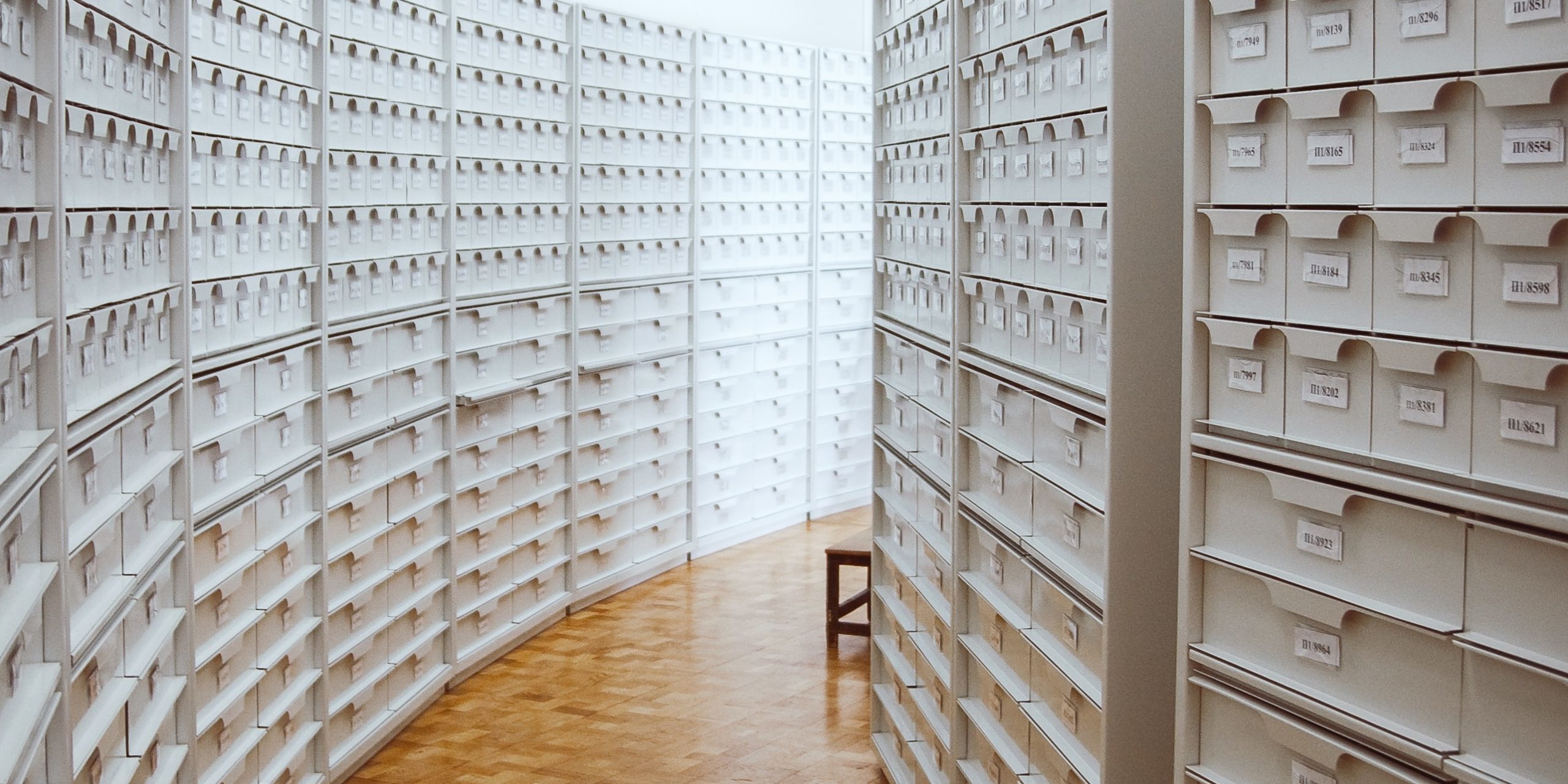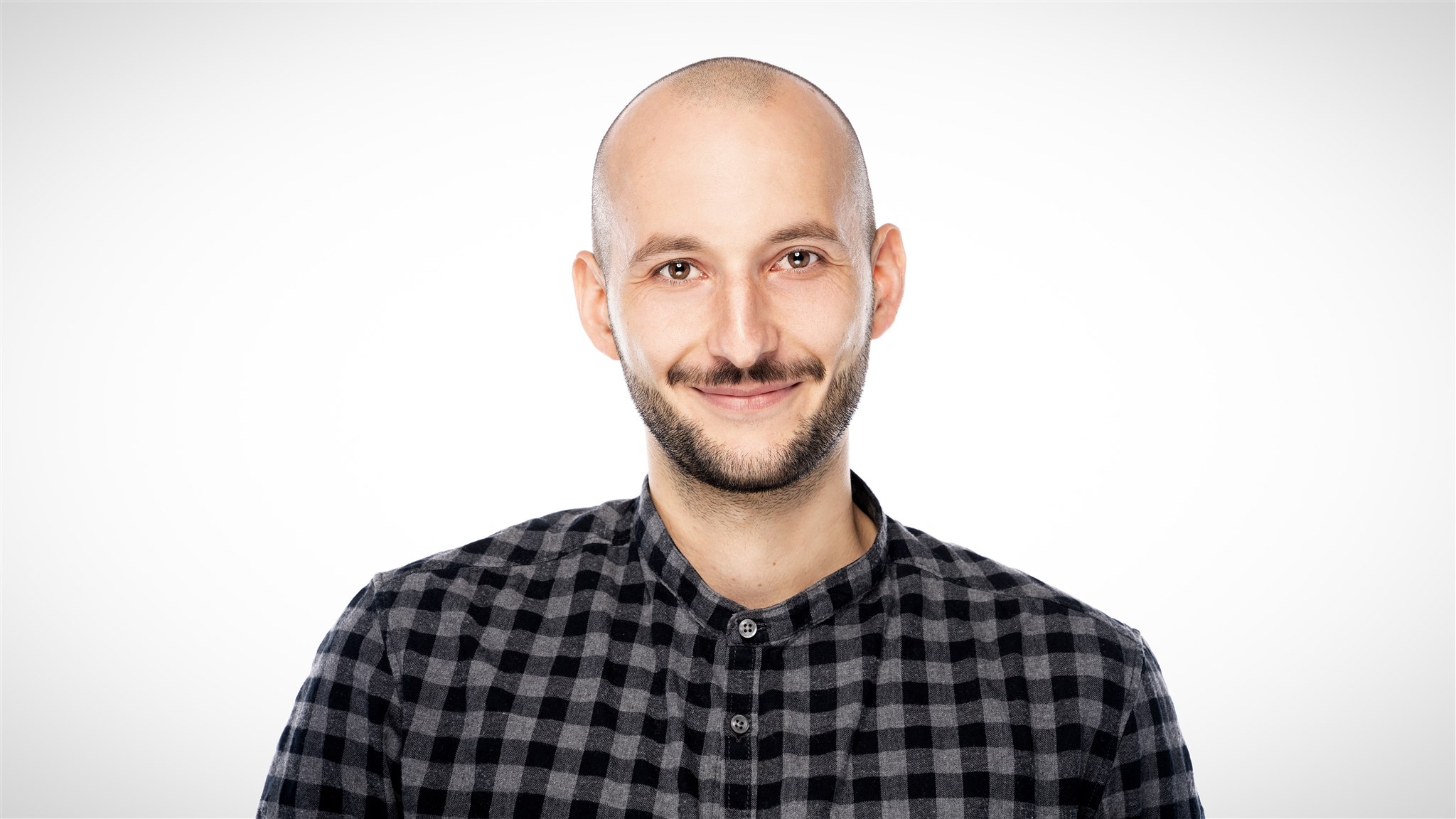
The first open access repository of platform policies: HIIG launches new Platform Governance Archive
With the Platform Governance Archive (PGA), the Alexander von Humboldt Institute for Internet and Society (HIIG) is taking a pioneering step in collaborative research on online platforms and their governance. The archive is open to researchers, citizens and journalists from all over the world. It collects and organises platforms’ documents on their regulation and governance and makes them accessible via open access.
Berlin, 6 April 2021 – How can we easily compare policies on misinformation or hate speech on online platforms? What are the factors that make platforms change different policies over time? With the beta release of the Platform Governance Archive (PGA), HIIG researchers are introducing a new interactive tool that provides comparative insight into the historical and current policies of four major social media platforms. Collected using manual and automated methods, the PGA aims to be the first user-friendly online archive that can be easily used by citizens, journalists and researchers alike.
The individual documents are displayed side by side for direct comparison and can be viewed on a timeline. The idea is to facilitate critical engagement with platforms and the firms that control them. So far, users can view documents by Facebook, Instagram, Twitter and YouTube, such as community guidelines, privacy policies and general terms and conditions. The historical data was recorded mostly through the Internet Archive’s Wayback Machine; changes over time were marked partly manually and partly automatically.
“With the archive, we aim to provide an important resource for anyone who wants to understand and question the often opaque rule-making power of platforms. Until now, researchers, journalists, NGOs, and policymakers have had to laboriously gather these regulations”, says research director Christian Katzenbach, explaining the goal of the new archive. According to senior researcher João Carlos Magalhães, the “PGA’s greatest advancement is its combination of computational and manual curation and its text comparison tool”.
The tool will be considerably expanded and enhanced in the coming months. It is worth remembering that the collection is not necessarily complete due to the lack of extensive archives by platforms themselves, the limitations of the WayBack Machine and possible human error.
The archive was launched at the first annual conference of the Platform Governance Research Network, a collaborative effort of institutions and individuals from over ten countries, which originated from a workshop organised by HIIG in 2020. Funding for the archive is provided by HIIG and the EU’s Horizon2020 funding framework, the reCreating Europe research consortium. Wikimedia Deutschland has further supported the project with an open science fellowship.
Press contact: Frederik Efferenn | phone: +49 30 200 760 82 | presse@hiig.de
About HIIG
The Alexander von Humboldt Institute for Internet and Society (HIIG) researches the development of the internet from a societal perspective. The aim is to better understand the digitalisation of all spheres of life. As the first research institute in Germany to focus on internet and society, HIIG has established an understanding that emphasises the embeddedness of digital innovations in societal processes. As a node in the Global Network of Interdisciplinary Internet & Society Research Centers, an initiative of scientific institutions worldwide in the field of interdisciplinary research on internet and society, the institute is trying to develop a European perspective on digital transformation.
HIIG was founded in 2011 by Humboldt-Universität zu Berlin, the Berlin University of the Arts and the WZB Berlin Social Science Center, in alliance with the Leibniz-Institut für Medienforschung | Hans-Bredow Institute for Media Research in Hamburg as an integrated cooperation partner. The research directors of the institute are Prof. Dr. Jeanette Hofmann, Prof. Dr. Björn Scheuermann, Prof. Dr. Dr. Thomas Schildhauer and Prof. Dr. Wolfgang Schulz.

